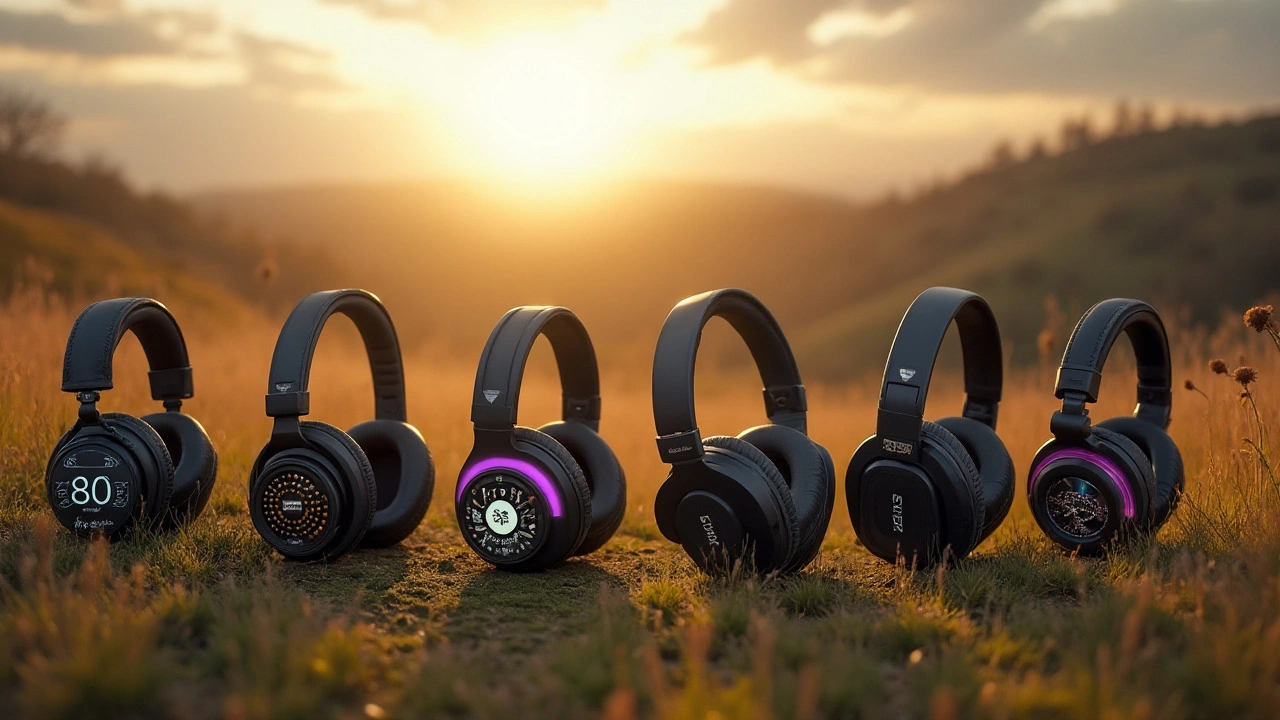Headphones: How to Protect Your Hearing and Use Them Safely
Headphones are everywhere—on the bus, at the gym, during your work calls. But cranking up your favorite playlist can do more than drown out annoying background noise. Did you know listening at high volumes for long stretches can damage your hearing? Even short bursts at unsafe levels can hurt your ears faster than you think.
Here’s the big problem: lots of people set their headphones louder than 85 decibels (that’s about as loud as heavy city traffic). Once you go higher, you’re risking permanent hearing loss. Many smartphones and music players will even warn you if you’re going too loud. Take those warnings seriously.
So, what’s safe? Experts suggest sticking to the 60/60 rule: listen at no more than 60% volume for 60 minutes at a time. Then give your ears a break. If you’re in a noisy place, don’t blast the sound to compensate—just use over-ear headphones or noise-canceling models instead. These work better at blocking outside noise, so you won’t be tempted to turn up the volume.
Earbuds sit right inside your ear canal, so they tend to be harder on your hearing than over-ear headphones. If you notice your ears ringing after a playlist session, that’s a red flag. Even occasional ringing, called tinnitus, can be a sign you’re overdoing it.
Not just your hearing is at risk. Borrowing or sharing headphones? It’s an easy way to spread germs—think ear infections and even fungal problems. Simple fix: wipe down your headphones now and then, and don’t share them with others.
Parents worry about their kids using headphones all day during school or at home. If you’ve ever heard your child’s video game across the car, it’s too loud. There are headphones made just for kids that limit how loud they can go. These are worth every penny if you want to protect young ears.
People who use headphones at work all day have other things to think about. Using them for too long—or with the wrong fit—can cause aching ears or headaches. Make sure your headphones sit comfortably and take regular breaks. Adjust the fit or try another style if you need to.
The good news? You don’t have to give up music or your favorite podcasts. Stick to reasonable volume, pick quality headphones, clean them often, and take breaks. If you ever notice muffled sounds or ringing that won’t go away, talk to a doctor. Acting early can save your hearing.
Looking for more tips or health info about headphones, hearing, or medications that affect ear health? Our Around-The-Clock Pharmacy Hub has easy-to-follow guides to help keep your ears—and the rest of you—healthy every day.
Top Alternatives to Sony WH-1000XM4 Headphones
Explore six noteworthy alternatives to the Sony WH-1000XM4 headphones, each offering unique features tailored for different listening experiences. From cutting-edge noise cancellation technology to impressive battery life and distinctive designs, discover the pros and cons of each option to find the perfect fit for your audio needs. Whether you're prioritizing sound quality, comfort, or affordability, this guide covers it all.
View More




